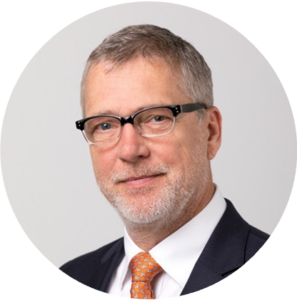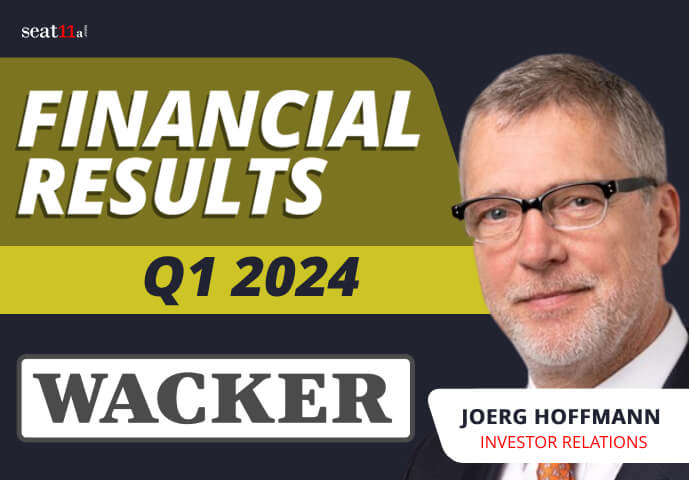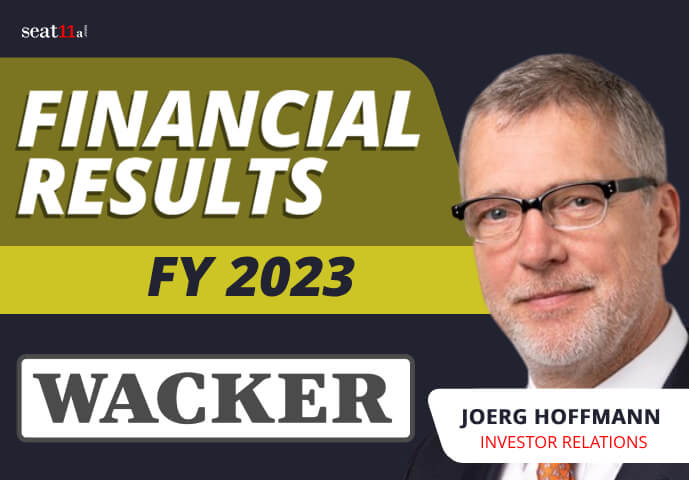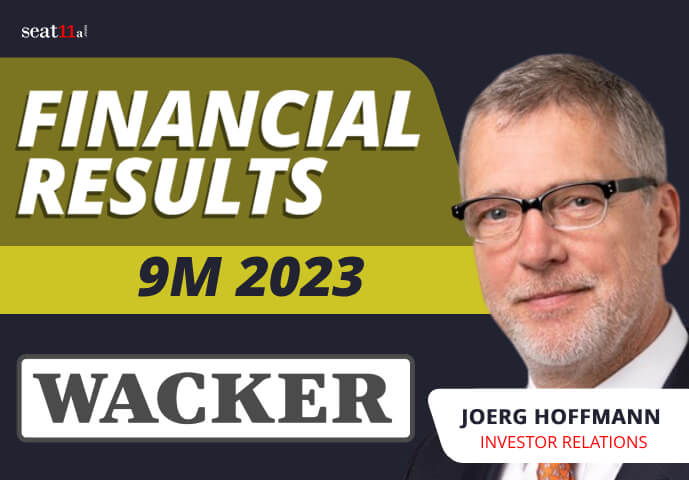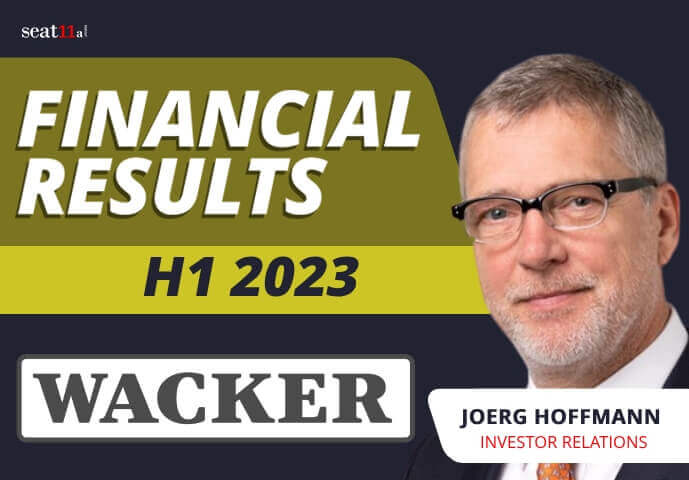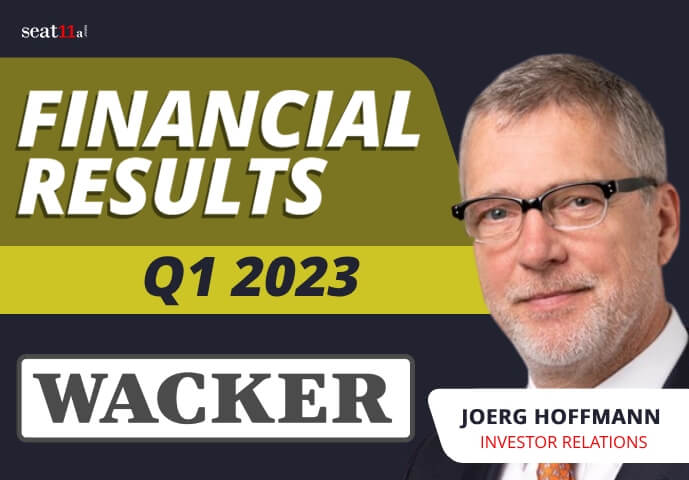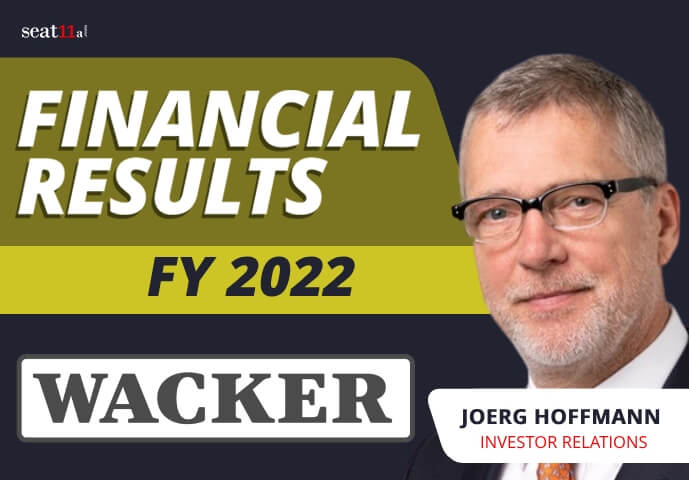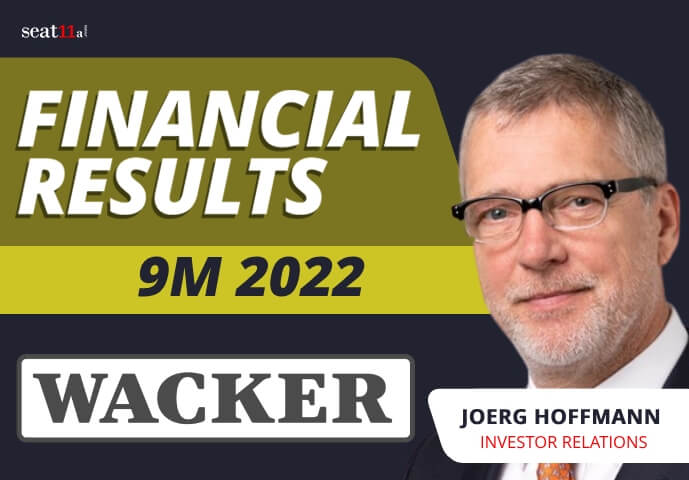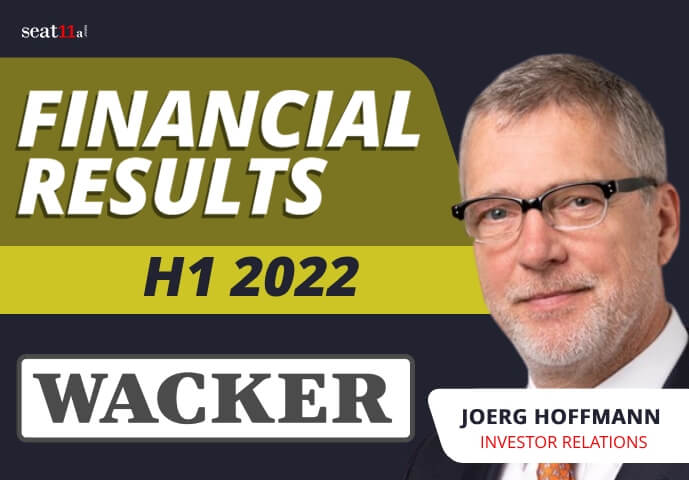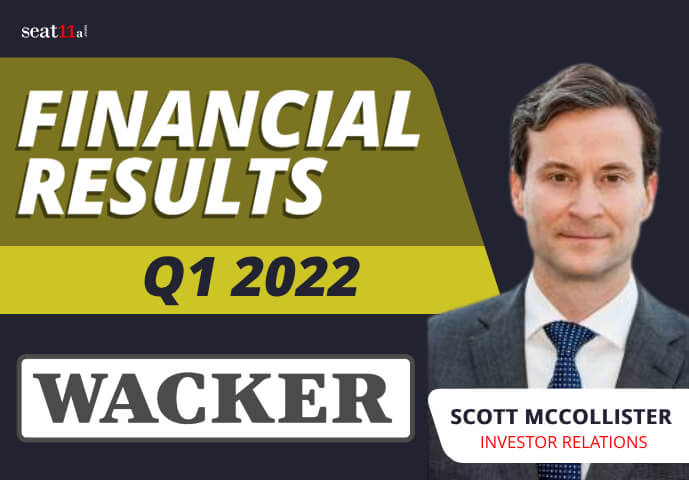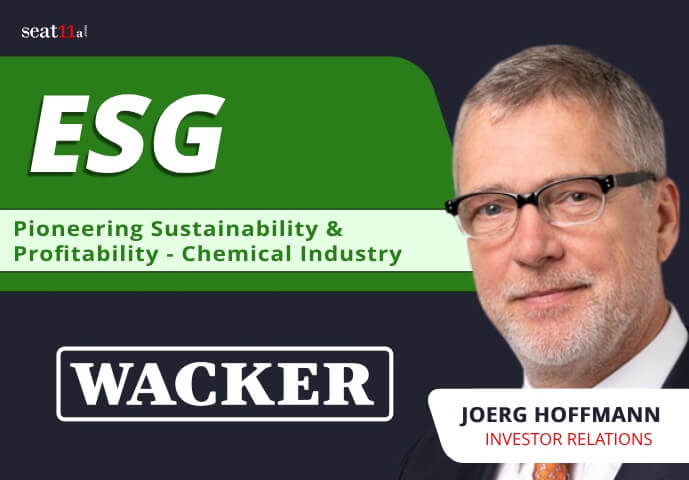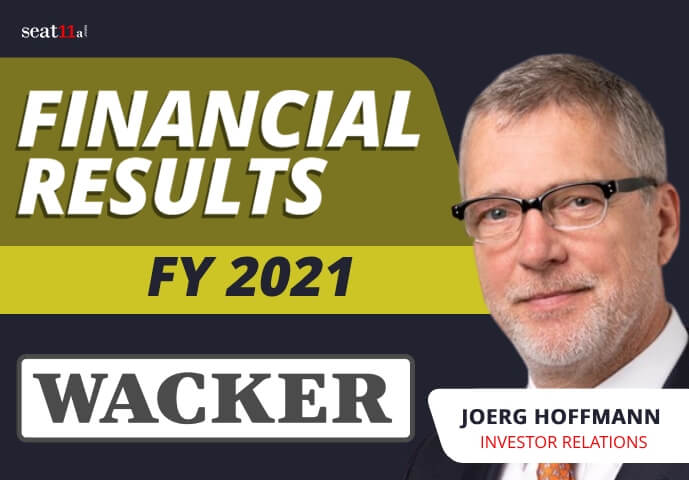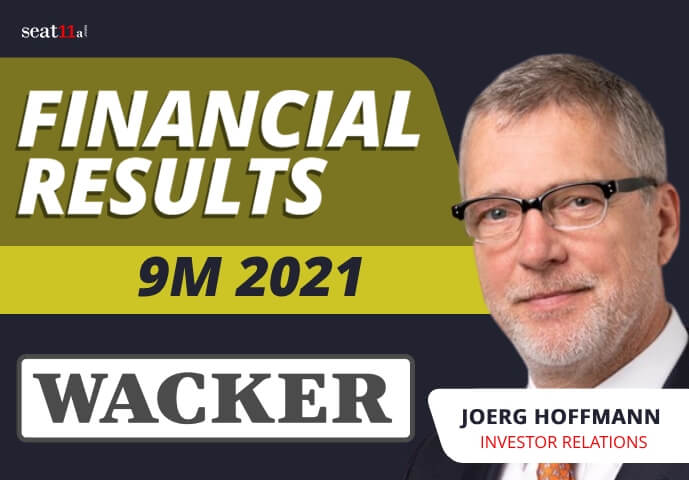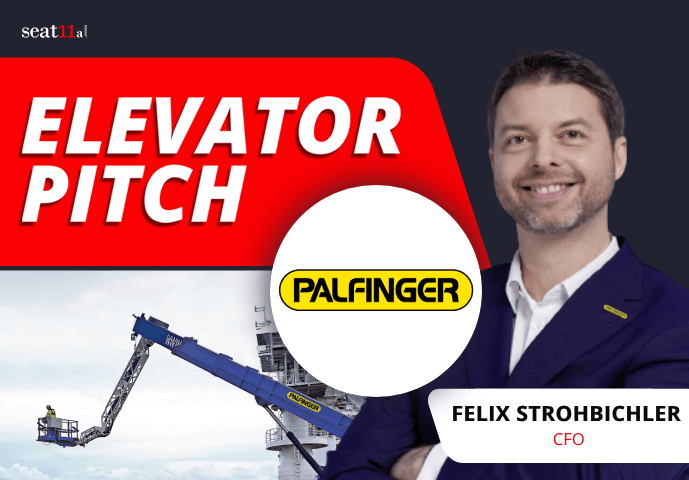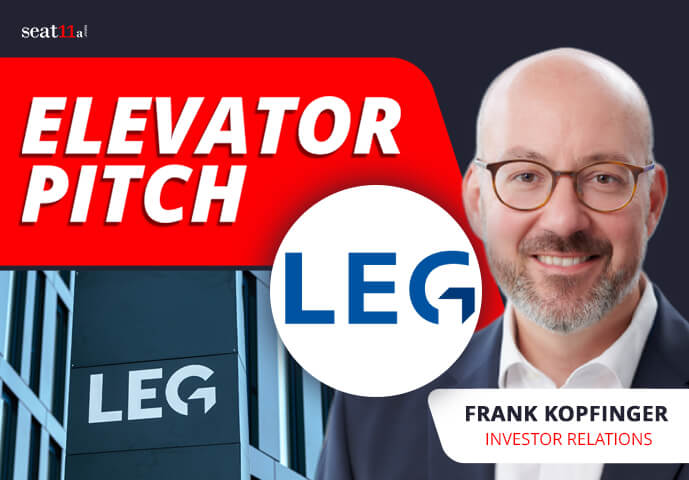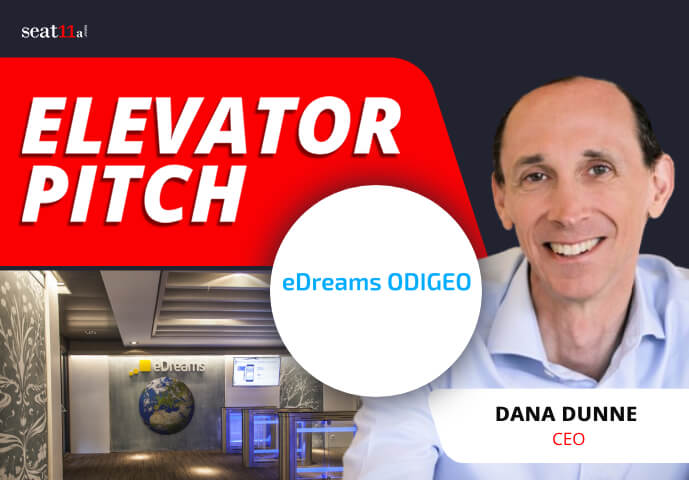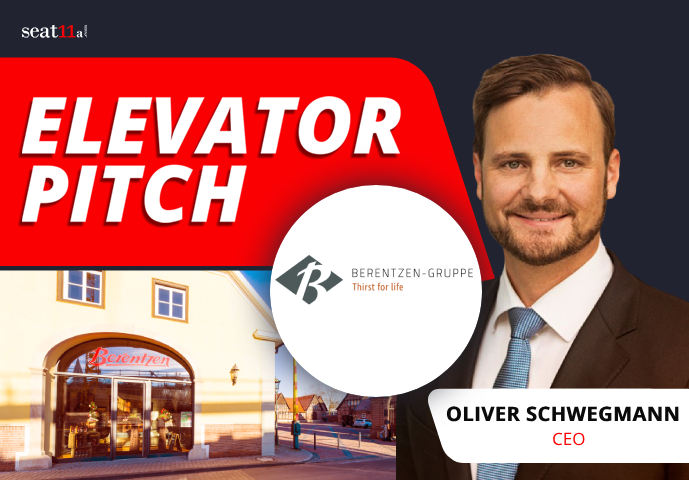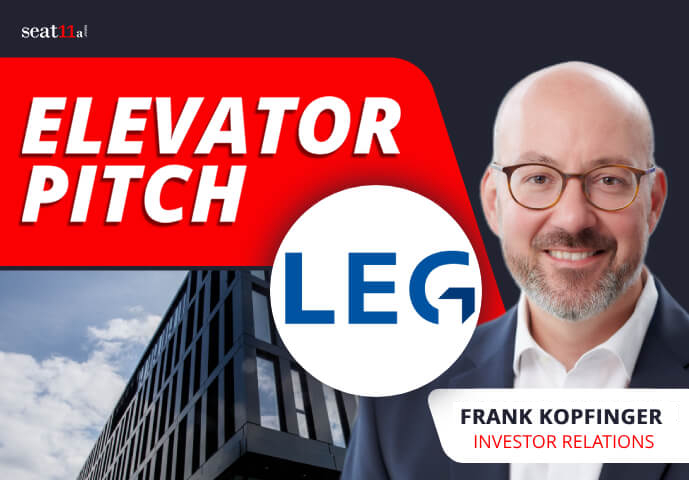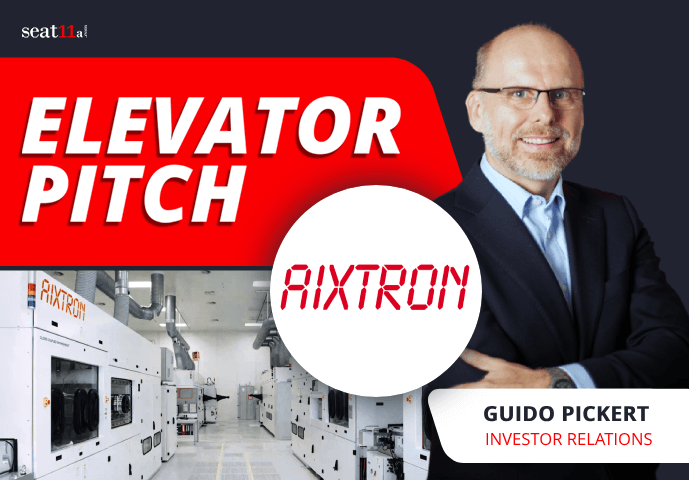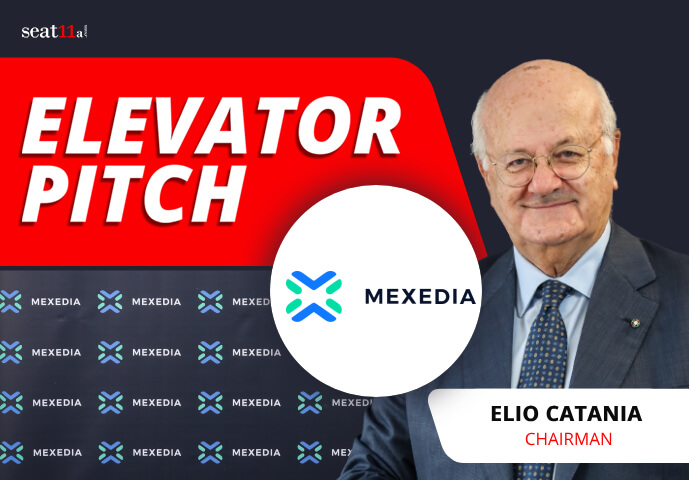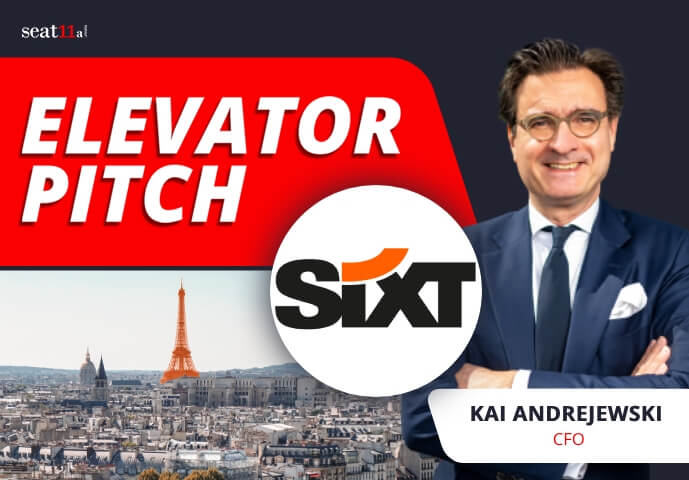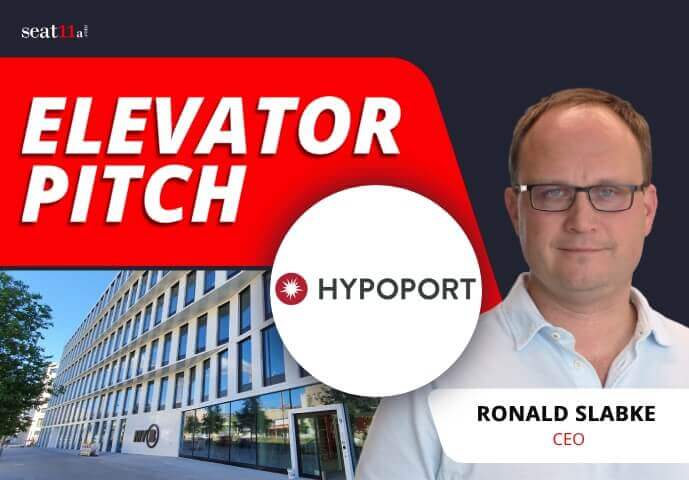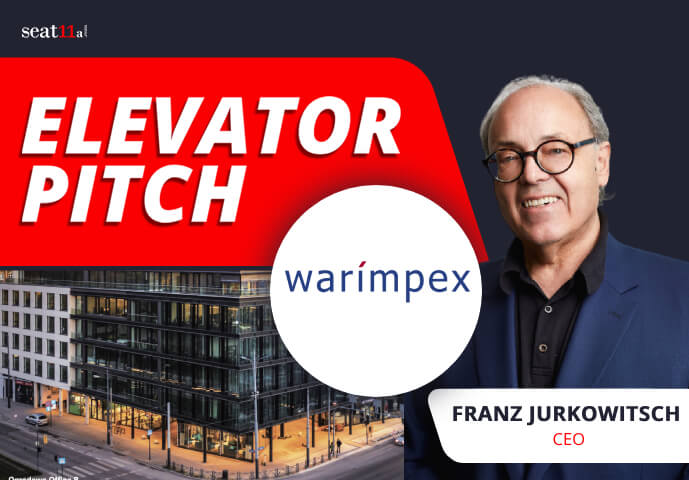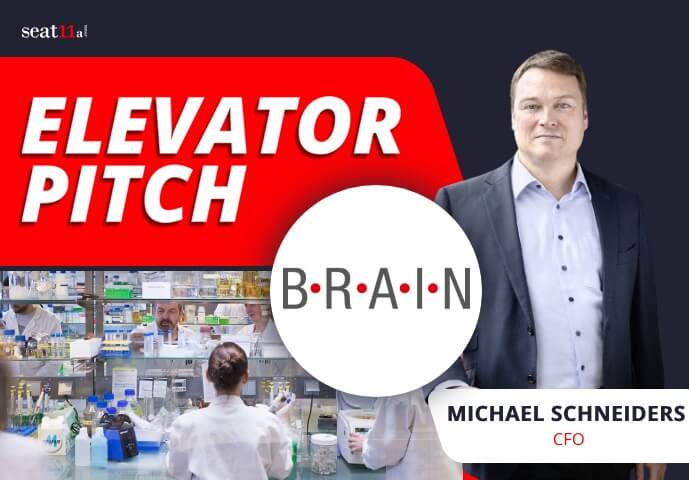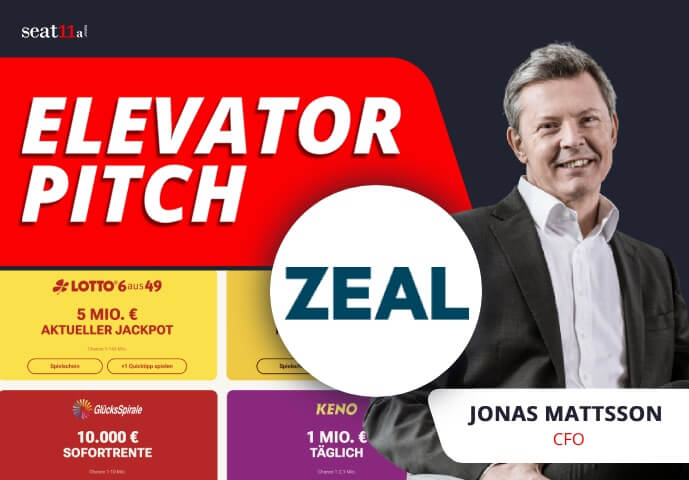- Company
-
- Aifinyo AG
- Aixtron SE
- Berentzen Gruppe AG
- Brain Biotech AG
- Carl Zeiss Meditec AG
- Deutz AG
- Edag Engineering Group AG
- ElringKlinger AG
- Encavis AG
- Energiekontor AG
- Hypoport SE
- Jost Werke SE
- Knaus Tabbert AG
- LEG Immobilien SE
- Media and Games Invest SE
- Mister Spex SE
- Mountain Alliance AG
- Mutares SE
- Nemetschek SE
- Rational AG
- Schaltbau Holding AG
- SFC Energy AG
- Sixt SE
- Talanx AG
- USU Software AG
- Varta AG
- voxeljet AG
- Wacker Chemie AG
- Zeal Network SE
- Presentations
- Sector
- Index
- Speaker
- About
- Blog
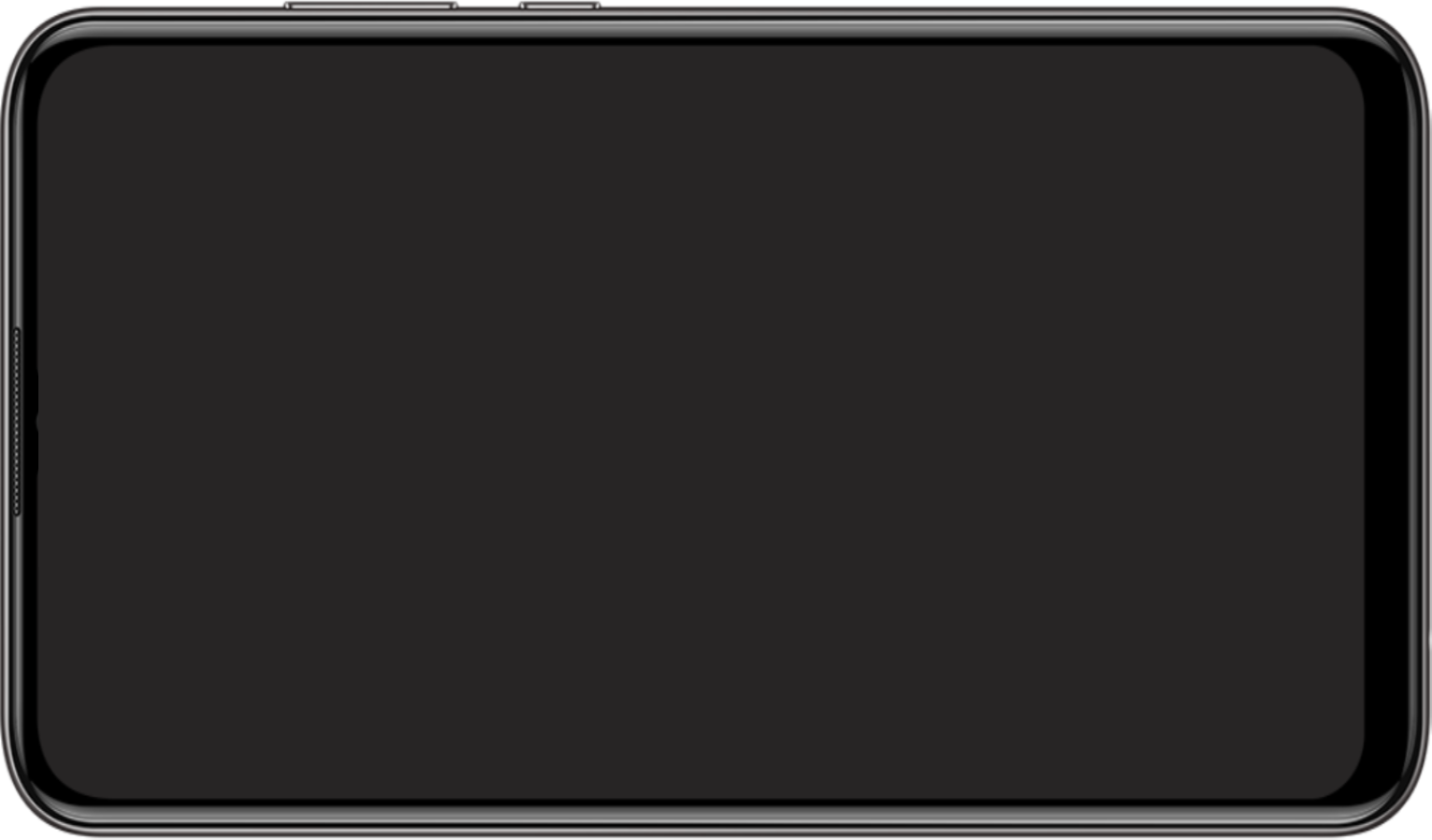
Wacker Chemie AG Financial Results H1 2023 | Navigating Challenges, Investing in the Future with IR
 July 27, 2023
July 27, 2023-
 18:03
18:03  Investor Relations
Investor Relations
Share
Wacker Chemie AG H1 2023: Key Takeaways
Overview of Financial Results and Key Developments
This video presentation explores Wacker Chemie AG’s financial performance for H1 2023, with a detailed review led by Joerg Hoffmann, the Head of Investor Relations. Notable mentions include the company’s Q2 results and revisions in the full-year guidance, largely attributed to unexpected factors.
Significant Development: Acquisition of ADL antibiotic Stadium
A standout development highlighted in the video is the takeover of ADL antibiotic Stadium, a biotech compound located in Spain. With Wacker Chemie AG assuming full ownership of this European biotech site, the company has effectively tripled its fermentation capabilities, aligning with its growth strategy in the solutions area.
Q2 Financial Outcomes and Performance Analysis
The Q2 performance culminated in €1.275 billion in sales, considerably lower than the previous year due to volume and price declines. Moreover, EBITDA reached €256 million, not matching the prior year’s results, owing to increased raw material costs and an unforeseen transition from last year’s tailwinds into headwinds, especially in the higher energy raw materials sector.
Shift from Net Asset to Net Debt Position
Significantly, the company’s financial standing transitioned to a net debt position for the first time in recent history, largely resulting from a record dividend payout of €600 million and the acquisition cost for the remaining ADL segment.
Operational Challenges and Resilience in Q2
Regarding operations, various factors, including volume reductions in chemicals, price declines in commodity products, and soft market demand, coalesced to define a challenging quarter. Nonetheless, the semiconductor-grade polysilicon business demonstrated resilience, maintaining stability in volumes and prices. Amidst headwinds from elevated energy and raw material costs impacting the P&L, the company took strides in sustainability, successfully reducing CO2 emissions by implementing advanced process control methodologies.
Updated Guidance and Forward Strategy
In light of the absent recovery anticipated for H2, Wacker Chemie AG adjusted its guidance, downsizing sales estimates to a corridor between €6.5 and €6.8 billion and EBITDA to approximately €900 million. Despite these modifications, the company pursues growth targets, focusing investments in its chemical and polymer capabilities and markedly enhancing its processing capability for semiconductor-grade polysilicon.
ADL Acquisition: A Strategic Move
The procurement of ADL is underscored as a substantial accomplishment, tripling the company’s fermentation capabilities and onboarding 300 new, highly skilled employees. This acquisition enhances the company’s capacity to achieve its growth targets and harmonises well with its innovation pipeline in bio ingredients.
Balance Sheet and Liquidity Overview
From a balance sheet perspective, the company sustains a robust liquidity position at €1.3 billion, even after posting a record dividend payout. However, there is anticipation of a time lag to run down high-cost inventories due to decelerated volumes in the chemical business, postponing net working capital contributions to cash generation in the ensuing quarters.
Business Segment Performance Insights
Despite adversities, especially in silicones, the polymers segment delivered a potent performance in Q2, widening margins courtesy of successful price adjustments. In parallel, the biopharma segment of the business also exhibited commendable performance, albeit offset by the growth cost from other divisions.
Polysilicon Sector Review
The polysilicon sector registered a significant boost in EBITDA; however, projections for H2 are relatively restrained due to price pressures, high energy costs, and increased capacities attributed to the burgeoning solar market.
Conclusive Remarks and Future Outlook
In wrapping up, Joerg Hoffmann recognises the prevalent challenges, including a cyclical element in the silicone business and a missing recovery. Nevertheless, he exudes optimism regarding the company’s growth possibilities across diverse industries. With confidence in achieving a sales target of a billion euros by 2030, significantly bolstered by the ADL acquisition, the company peers into the future with optimism, awaiting industrial power price enhancements and exploring capacity expansion, particularly in the polysilicon sector.
Chapters
- Wacker Q2 2023 highlights
- Updated FY 2023 guidance, investments for further growth
- Wacker strengthens its biotechnology business with acquisition of ADL
- Profit & loss statement | EBITDA of €256m in q2 2023
- Balance sheet composition | Resilient financials with €4.6bn in equity and €1.3bn in liquidity
- Silicones | Weak demand and ongoing customer destocking
- Polymers | Defending margins in a weak demand environment
- Biosolutions | Results held back by upfront costs
- Polysilicon | Strong performance in Q2, volumes firm but price pressure increasing
- Net financial position | Low net financial debt of €270m following dividend payment & acquisition
- Summary
Resources
Host
Share
T&C:
This publication is for informational purposes only and should not be considered investment advice. By using this website, you agree to the terms and conditions outlined in the legal pages at www.seat11a.com/legal/
Continuing the Journey: More Presentations
Discover Additional Elevator Pitches
Reviews for Wacker Chemie AG Financial Results H1 2023 | Navigating Challenges, Investing in the Future with IR
There are currently no reviews for Wacker Chemie AG Financial Results H1 2023 | Navigating Challenges, Investing in the Future with IR
COMPANIES:
- Aifinyo AG
- Aixtron SE
- Berentzen Gruppe AG
- Brain Biotech AG
- Carl Zeiss Meditec AG
- Deutz AG
- Edag Engineering Group AG
- ElringKlinger AG
- Encavis AG
- Energiekontor AG
- Hypoport SE
- Jost Werke AG
- Knaus Tabbert AG
- LEG Immobilien SE
- Media and Games Invest SE
- Mister Spex SE
- Mountain Alliance AG
- Multitude SE
- Mutares SE & Co. KGaA
- Nemetschek SE
- Rational AG
- Schaltbau Holding AG
- SFC Energy AG
- Sixt SE
- Talanx AG
- USU Software AG
- Varta AG
- voxeljet AG
- Wacker Chemie AG
- Zeal Network SE
(c) seat11a – Publicly Listed Companies: Elevator Pitch, Deep-Dive, Financial Results, and ESG
Unlock the insights of top publicly listed companies with seat11a.com
Elevate your understanding with powerful Elevator Pitches, Deep-Dive Presentations, and in-depth Financial Analysis
